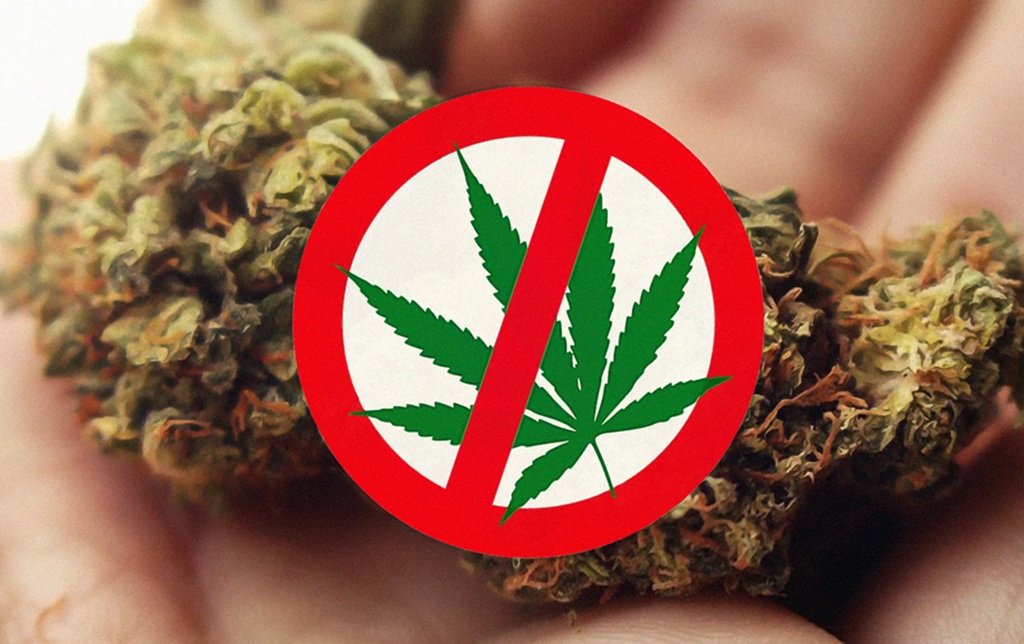TOKYO – Japan updated its cannabis and narcotics control legislation on Thursday, criminalizing cannabis (Marijuana) use and tetrahydrocannabinol (THC), imposing a maximum seven-year prison sentence.
While the possession, transmission, and cultivation of cannabis and THC were already prohibited in Japan, the new rules will classify them as narcotics and criminalize their use as well, with a prison sentence of up to seven years for violations.
The amended regulations also legalize medical items containing cannabis-derived compounds that are beneficial and safe.
In 2019, 1.8 percent of the Japanese population had used cannabis at least once, making it the country’s second most popular illicit substance behind methamphetamine.
In 2023, a record 6,703 people were probed in cannabis-related criminal cases in Japan, topping methamphetamine cases for the first time, according to the Health, Labour, and Welfare Ministry. Seventy percent of instances involved people under the age of thirty.
A nationwide poll performed the same year by the ministry’s research group estimated that approximately 200,000 people had consumed marijuana within the previous year.
Japan previously did not penalize cannabis usage, apparently taking into account farmers who may have accidentally ingested the drug while producing cannabis plants for use in hemp products.
The amendments will also lift a restriction on cannabis-derived medicines, putting them under a licensing system similar to other drugs used for pain relief and other purposes.
Drugs derived from cannabis plants were only allowed in clinical studies in Japan, but patient groups have been advocating for access to cannabis-derived cannabidiol treatments already licensed in Europe and the United States for illnesses like severe epilepsy.
Cannabis cultivation dates back to the Jōmon period of Japanese prehistory, roughly six to ten thousand years ago (source: Wikipedia).
Cannabis hemp, as one of Japan’s first cultivated plants, provided an essential supply of plant fibre for clothing, cordage, and Shinto ritual goods, among other uses.
For much of Japanese history, hemp was common for fabric and food before cotton emerged as the country’s dominant fibre crop during industrialization during the Meiji period.
Following the end of World War II and the occupation of Japan, the Cannabis Control Law prohibited cannabis possession and manufacturing.









